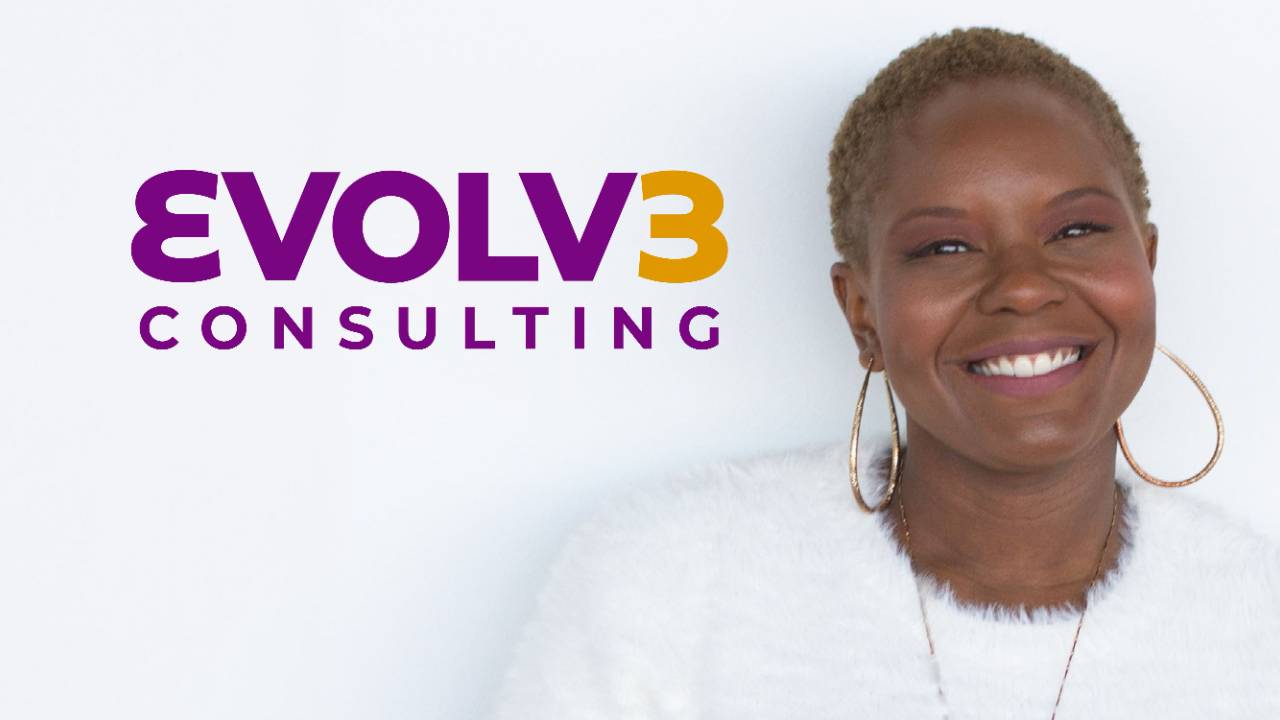From Imposter to Empowered: Rebuilding Trust In Yourself

5-minute read | Read post in browser.
Ever Felt Like You Didn’t Belong?
You’re sitting in a meeting. You’ve done the work. You know your stuff. But a voice in your head whispers: What if they find out you don’t really know what you’re doing?
You brush it off, but it lingers. Imposter syndrome is sneaky like that. It doesn’t care how many degrees you have, how many promotions you’ve earned, or how many people trust your leadership. It creeps in anyway.
And here’s the kicker: It doesn’t just strike early-career professionals. It can hit even those of us who own the table.
And if you’ve ever looked around and seen someone who—at least on the surface—seems less qualified but carries themselves with unwavering confidence, you’ve already seen the truth in action:
➡ Confidence isn’t certainty. It’s trust in your ability to navigate uncertainty.
You didn’t get here by accident. You earned your seat. Now own it.
The Truth About Imposter Syndrome
Let’s ground ourselves in what imposter syndrome actually is.
📖 Merriam-Webster defines it as:
A psychological condition characterized by persistent self-doubt concerning one’s abilities or accomplishments, accompanied by the fear of being exposed as a fraud despite evidence of success.
In simpler terms: You can have all the proof of your success, yet still feel like you don’t deserve it.
And imposter syndrome thrives in silence. It’s often reinforced by:
- A deeply ingrained belief in humility that makes self-promotion feel unnatural.
- Perfectionism—constantly feeling like you need to do more to prove yourself.
- Environments where no one else shares your lived experience, making you question if you truly belong.
- Upbringing or past experiences that emphasized criticism over celebration, causing you to doubt your own achievements.
For many, imposter syndrome isn’t just an internal battle—it’s reinforced by external biases.
Women and people of color often experience this at a deeper level, not because they lack ability, but because they’ve been in spaces where their competence is questioned more often, even when they’ve already proven themselves.
Acknowledge the noise, but don’t let it define you. You’ve demonstrated success. You’ve earned your seat. And no shifting narrative changes that.
Key Takeaway: You are not alone. Even the most accomplished leaders experience this.

Embrace Your Strengths to Reframe Self- Doubt
When we focus on “what’s missing,” we overlook “what’s already present.”
You are uniquely wired with strengths that allow you to be exactly where you are destined to be in this moment. Comparing your journey to someone else’s won’t serve you—because their path isn’t yours.
Now, take a moment. Write down three strengths that have helped you succeed. These are the skills and qualities that have carried you through challenges, even when doubt crept in. Keep them where you’ll see them often. Because confidence isn’t about proving yourself to others—it’s about reminding yourself of what you already bring to the table.
Build Self-Trust Through Small Wins
We’ve talked before about The Power of Mindset—how what you believe about yourself influences how you show up in the world.
And here’s a truth that will serve you well: Confidence isn’t just a feeling. It’s a pattern of trust.
Self-doubt creeps in when we lack proof that we can follow through. Confidence grows when we demonstrate—over and over—that we can.
✅ Have you followed through on commitments to yourself?
✅ Have you kept your word—to yourself and to others?
If you have, amazing. If not, let’s fix that.
How to Build Self-Trust (Even in Small Steps):
- Speak up in a meeting about something you do know.
- Reflect on a time when you doubted yourself but succeeded anyway.
- Seek feedback from a mentor or trusted colleague.
“Do what you can, with what you have, where you are.” — Theodore Roosevelt
Small wins add up. And you miss 100% of the shots you don't take.

Rewriting Your Inner Narrative
Your inner dialogue doesn’t just shape how you lead—it shapes how others experience your leadership.
When you second-guess yourself, your team feels that uncertainty. When you trust yourself, you create a ripple effect of confidence and clarity.
➡️ Instead of “I don’t know enough,” say “I’m capable of figuring this out.”
➡️ Instead of “I’m not ready,” say “I’m prepared to learn.”
Action Step: Create a Confidence Record
📱 Open a journal, phone note, or voice memo app. Record moments of confidence—big or small.
📌 The next time imposter syndrome hits, replay those moments to remind yourself that you belong.
Confidence is not given. It is built through small, intentional shifts.
The Founder’s Story: Trusting Your Instincts
As an engineering student, I was the one who drove the teaching assistants mad in lab. I didn’t follow the step-by-step instructions. I wanted to figure things out my own way. Sometimes, it worked. Other times, there was a little smoke.
But I trusted that I’d find the solution.
That instinct—questioning, pushing boundaries, trusting my problem-solving—became one of my greatest leadership strengths.
Fast forward to my career in one of the world’s largest protein companies, and that same instinct to tinker and solve problems propelled me forward. But for years, I let others define my strengths for me. They assumed my engineering background meant I was highly structured. I reinforced that perception, stepping into roles that weren’t fully aligned with my natural strengths.
It wasn’t until I stepped back and recognized what I was actually great at—bringing people together, leading change, and finding solutions in unconventional ways—that I finally leaned into my strengths.
Your instincts, your experiences, and your strengths—those are what make you valuable. Trust them.
You Are More Capable Than You Think
Trust isn’t built overnight—but every step you take reinforces it.
You may feel like you have to justify your presence more than others. You’re not imagining it. The noise exists.
But here’s what’s louder: Your results. Your impact. Your earned expertise.
You’ve already proven you belong. Now let yourself fully own it.
I want you to do something right now:
Take 60 seconds. Write down the ONE strength you will lean into this week. No overthinking. Just action.
Because here’s the truth: You don’t need permission to take up space. You already belong.
Now go remind yourself of that.
Let’s grow together.
Was this post helpful? Share your feedback.






Responses